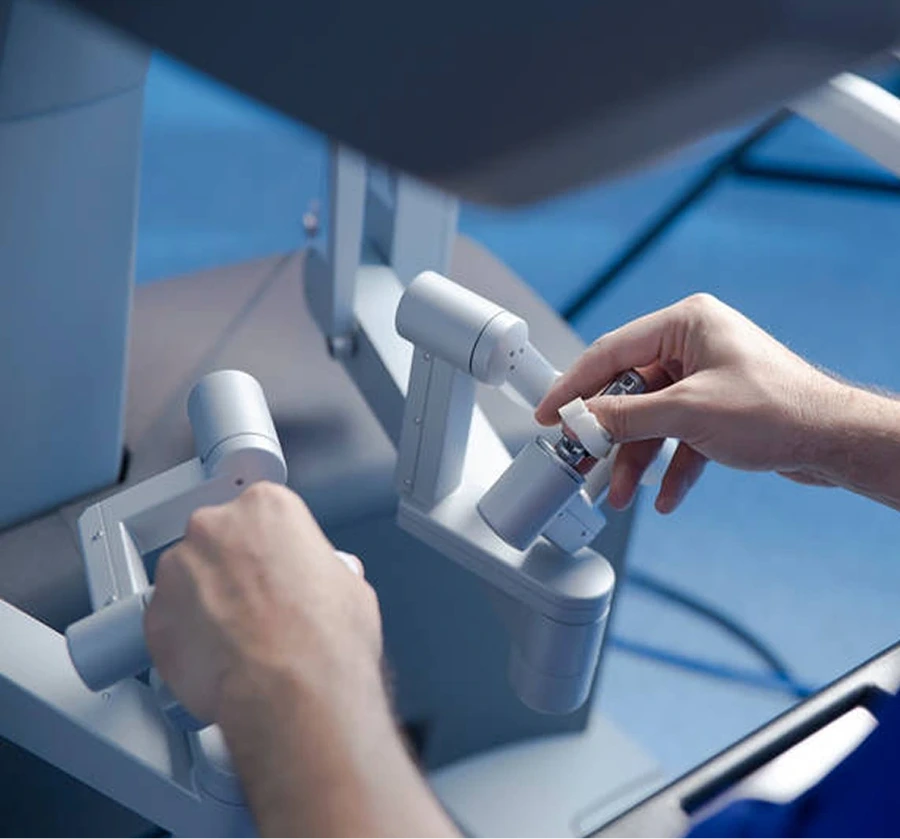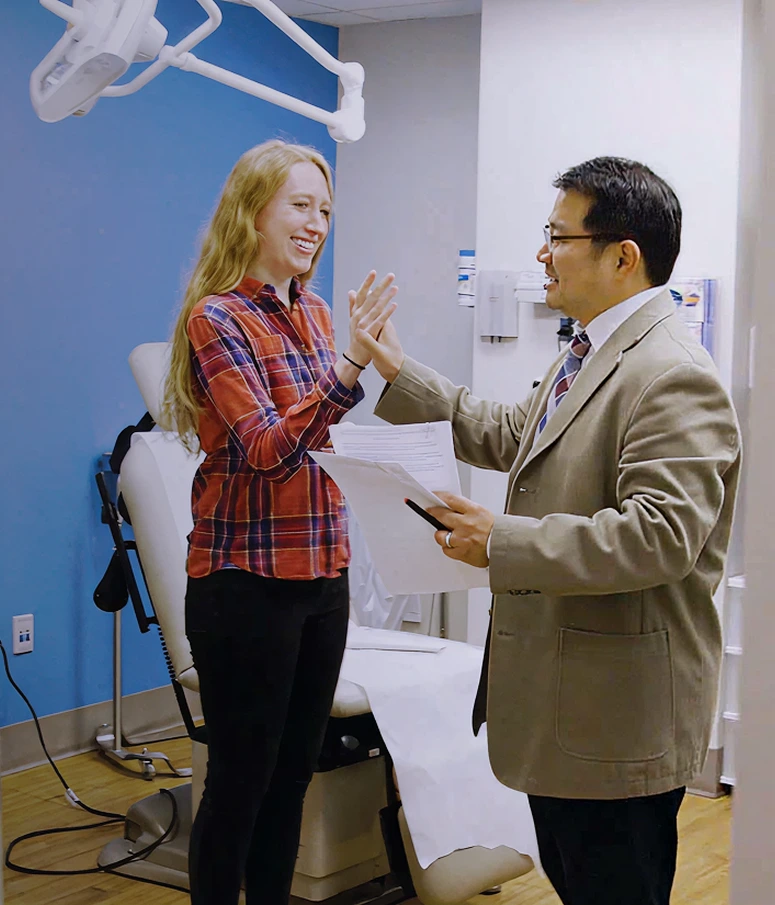Adrenalectomy
in Atlanta, GA
Robotic Surgery for Adrenal Conditions
At American Endocrine, adrenalectomy is performed with precision and care by Dr. Hyunsuk Suh, a leader in robotic endocrine surgery. Whether addressing hormone-producing tumors or adrenal abnormalities, Dr. Suh uses advanced robotic techniques to ensure safer procedures, quicker recovery, and excellent outcomes. Located in Atlanta, GA, our practice offers both in-person and virtual consultations to guide you through diagnosis, treatment, and recovery with confidence.
What Is Adrenalectomy?
Virtual Consultations Available
– Dr. Hyunsuk Suh

Adrenalectomy Techniques by Dr. Suh
Using the Latest in Robotic Surgery for Better Recovery and Results
Multi-Port Robotic Adrenalectomy
Performed through 3–4 small incisions in the abdomen. This minimally invasive approach provides optimal visibility and precision.
Single-Incision Robotic Adrenalectomy
Accessed through a single small incision in the back. This option is ideal for smaller tumors and for patients seeking quicker recovery.
Adrenal Disorders Treated With Surgery
Adrenal Cancer
Cushing’s Syndrome
Pheochromocytoma
Aldosteronoma (Primary Hyperaldosteronism)

From Consultation to Recovery: What You Can Expect
Personalized Consultation
Pre-Op Planning
Surgery Day
Aftercare and Support
Risks and Considerations:
What You Should Know
- Temporary fatigue or hormonal shifts as the body adjusts post-surgery
- Low blood pressure or electrolyte imbalances, especially if both adrenal glands are affected
- Conversion to open surgery if robotic access is limited (rare but possible)
- Lifelong hormone therapy may be required in cases where both adrenal glands are removed.

Candidates for Adrenalectomy
Adrenalectomy is often considered after a thorough evaluation of symptoms, lab results, and imaging studies. For patients with certain adrenal-related conditions, surgical treatment may be necessary to restore hormonal balance or address tumor growth. This procedure is commonly recommended for those with specific endocrine disorders that do not respond well to medication alone.
Here are the typical candidates:
Patients with hormone-secreting adrenal tumors
Individuals diagnosed with adrenal cancer
Those with confirmed pheochromocytoma
People with Cushing’s syndrome caused by an adrenal source
Patients with primary hyperaldosteronism due to an adrenal mass
Individuals with non-functioning adrenal tumors that are large or growing
Patients with bilateral adrenal disease requiring surgical treatment
Benefits of Adrenalectomy
- Improved hormone regulation
- Stabilized blood pressure
- Reduction in unexplained weight gain
- Fewer medication requirements
- Decreased risk of kidney disease
- Enhanced patient safety with minimally invasive techniques
- Less scarring and shorter recovery time
Cost of Adrenalectomy
Next-Gen Endocrine Surgery. Trusted Expertise.

